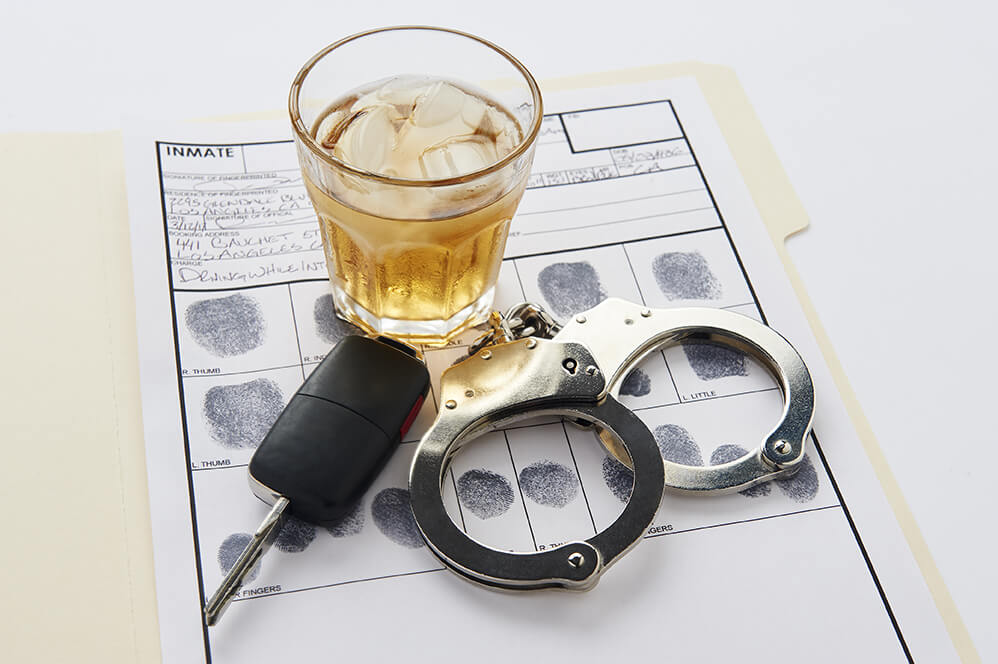What Is the DUI Legal Process in New Jersey?
Posted July 8th, 2021 by Anthony Carbone, PC.
Categories: Criminal Defense.

Every DUI case in New Jersey is unique. While some cases are resolved during pretrial motions, others go all the way to trial and others to appeal. That said, the DUI legal process is virtually the same, and the following are the stages you are likely to encounter during a case.
Complaint and Summons
The case begins when you receive a Complaint and Summons at the station. This is a ticket entailing the location, date, and time of your first court date and the charges against you.
Arraignment in Court
The court may prosecute you within a few days or one week of receiving the Complaint and Summons. During this stage, the judge will read out your charges, inform you of potential penalties, and advise you to get a lawyer if you don’t have one. He/she will also ask you to plead to the charges. A ‘guilty’ plead will lead to an immediate sentence. A ‘not guilty plea will prompt the judge to set a later court date.
Discovery
During discovery, your attorney will investigate the case by talking to witnesses, gathering evidence, and revisiting the scene. They will also request information from the prosecution such as:
- Police reports
- Copies of the breath test results
- Audiovisual recordings of the alleged offense
- Copies of any medical or scientific test results
Pretrial Motions
All involved parties will convene for a pretrial conference about 30 days from the arrest date to confirm whether you would like to continue with the case or enter a plea bargain. If you decide to continue, your attorney will have a window to present pretrial motions such as those to:
- Exclude pieces of evidence
- Dismiss the charges
- Acquire proof from the prosecution.
Negotiations
In New Jersey, downgrades on offenses or plea bargains are not allowed. However, during negotiations, your attorney may negotiate with the prosecutor for downgraded charges.
Bench Trial
Bench trials (a trial with only a judge and no jury) are usually held 60 to 120 days after the arrest. During the trial, both sides will argue their cases, and the judge will pass a ruling.
Appeals
If the judge finds you guilty during the bench trial, you can file an appeal with the County Superior Court, which will review the trial proceedings but will not accept new evidence. The court will then uphold or overturn the bench trial ruling.
Post-Conviction Relief
When you file for post-conviction relief, you are pleading with the court to investigate whether they made errors in your case. New Jersey law only allows this under particular circumstances such as ineffective defense counsel, prosecutorial misconduct, or inadequate jurisdiction. If you succeed in your petition, the court may reduce or remove your DUI penalties.
Talk to a Hudson County Personal Injury Attorney
The DUI legal process can be overwhelming even to defendants who have faced the exact charges before. It is highly advisable to consult an experienced DUI defense lawyer after being arrested for the offense in the state. If you have been involved in a DUI accident in New Jersey, a Hudson County Personal Injury Attorney is more than willing to discuss your next steps.
Anthony Carbone is a passionate Hudson County Personal Injury Attorney who has been championing the rights of his New Jersey clients for over 30 years. If you have a case you would like to discuss with him, contact the Law Offices of Anthony Carbone online or at 201-829-3805 to schedule a consultation.


